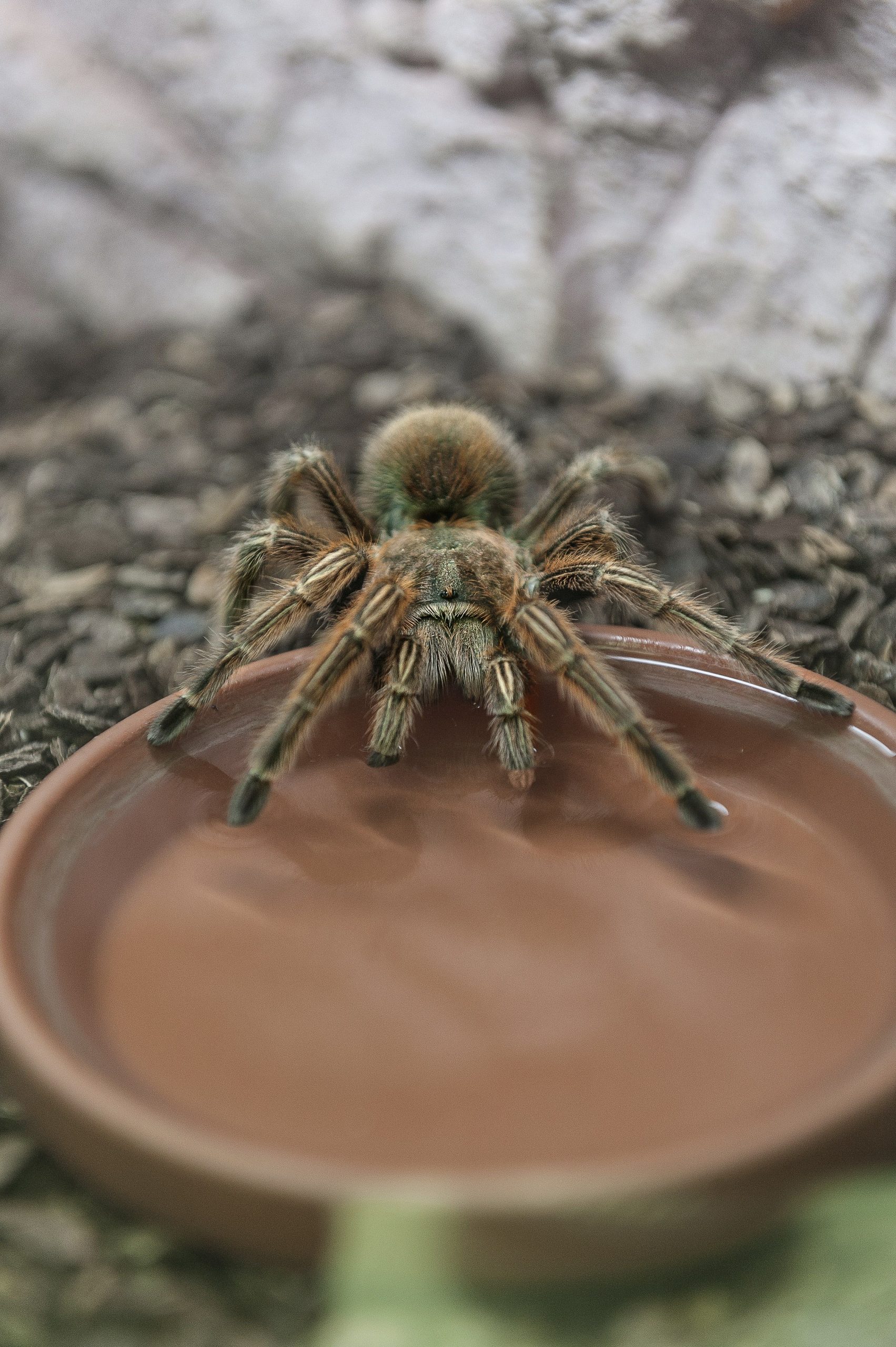With its long history, and plenty to see and learn, the Botanische Tuin, or Botanical Gardens, has more to offer than you might have thought.
where: Botanische Tuin, Poortlandplein 6, Delft.
opening times: January-December; Monday-Friday 8:30-17:00 Saturday 10:00- 17:00;
(May-September: Sunday 12:00-17:00).
entry: Free for TU Delft students, €2 for adults
Internet: botanischetuin.tudelft.nl
During colonial times, new materials from rubber to coffee to cacao became available to the Dutch market from Indonesia. “Dutch industry wasn’t ready for these new materials, they needed to know their possibilities and capabilities, that’s why plant technology began in Delft,” said Bob Ursem, scientific director of the Botanical Gardens. Started in 1917, the gardens were the first in the world to nurse and grow plants for technical applications. “A lot of famous products began as a result of research done in this garden,” said Ursem. “For example, peanut oil was extracted here which was the pathway for the establishment of Calvé, now famous for its peanut butter.”
Whilst the main purpose of the gardens is research, they are also a leisure area, where you can learn about the relationship between technology and nature. With a tree garden, greenhouse complex, herb garden, and a central garden with a collection of ornamental plants, the gardens are far larger than they appear from the roadside, taking up some 2.5 hectares. There are around 8,000 plants, and 3,000 of those are under glass. Virtually all of the plants in the garden provide ingredients for technological application and industrial innovation.
Some interesting artwork is on display, such as the sculpture by Dick Elffers and Bert de Laaf of a petri dish containing yeast cells. Modern media can also be found throughout the gardens. There’s a QR code route for viewing films on your smartphone in five different languages, webcam, Wi-Fi and an interactive iron ‘Twitter tree’ that is able to receive and speak your Tweets.
This summer, an educational exhibition will be on display about the red list of endangered and vulnerable plant species in the Netherlands. The team is also working on a number of projects in the run up to their centennial year. A new greenhouse with water garden and water test facilities is planned, along with catering and meeting space.



Comments are closed.